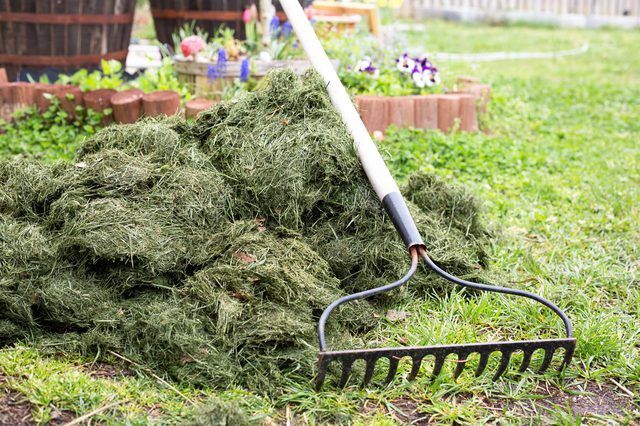Bulbs
Flower Basics
Flower Beds & Specialty Gardens
Flower Garden
Garden Furniture
Garden Gnomes
Garden Seeds
Garden Sheds
Garden Statues
Garden Tools & Supplies
Gardening Basics
Green & Organic
Groundcovers & Vines
Growing Annuals
Growing Basil
Growing Beans
Growing Berries
Growing Blueberries
Growing Cactus
Growing Corn
Growing Cotton
Growing Edibles
Growing Flowers
Growing Garlic
Growing Grapes
Growing Grass
Growing Herbs
Growing Jasmine
Growing Mint
Growing Mushrooms
Orchids
Growing Peanuts
Growing Perennials
Growing Plants
Growing Rosemary
Growing Roses
Growing Strawberries
Growing Sunflowers
Growing Thyme
Growing Tomatoes
Growing Tulips
Growing Vegetables
Herb Basics
Herb Garden
Indoor Growing
Landscaping Basics
Landscaping Patios
Landscaping Plants
Landscaping Shrubs
Landscaping Trees
Landscaping Walks & Pathways
Lawn Basics
Lawn Maintenance
Lawn Mowers
Lawn Ornaments
Lawn Planting
Lawn Tools
Outdoor Growing
Overall Landscape Planning
Pests, Weeds & Problems
Plant Basics
Rock Garden
Rose Garden
Shrubs
Soil
Specialty Gardens
Trees
Vegetable Garden
Yard Maintenance
How to Use Grass Clippings to Fertilize a Garden
How to Use Grass Clippings to Fertilize a Garden. Rich in potassium, nitrogen and phosphorus, grass clippings make an excellent fertilizer for gardens and lawns, and they're free. As grass clippings break down and decompose, they also provide nourishment to helpful soil bacteria, keeping your garden beautiful and strong. If your lawn suffers from...
Rich in potassium, nitrogen and phosphorus, grass clippings make an excellent fertilizer for gardens and lawns, and they're free. As grass clippings break down and decompose, they also provide nourishment to helpful soil bacteria, keeping your garden beautiful and strong. If your lawn suffers from dead or discolored patches, powdery growth or rotting grass, it's likely diseased, and you shouldn't use the clippings until you've addressed the disease problem.

Grass clippings provide a steady supply of garden fertilizer throughout the growing season, when a healthy lawn may need mowing more than once a week. Always cut the grass with a sharp blade and never remove more than a third of its length at one time. Warm-season grasses should be kept at a height of 3/4 to 1 inch, while cool-season grasses thrive when they're 2 to 3 inches tall.

Use freshly cut grass clippings as a convenient, nutrient-rich mulch for your garden. The mulch fights weeds, preserves soil's moisture level, regulates its temperature, diminishes compaction and as it decomposes, provides nutrients to your plants. Spread clippings directly around the bases of trees and other plants, encircling them in a layer of grass. Avoid piling the grass up against plant trunks and stems, and ensure that the clippings are no more than 2 inches thick as they tend to mat together, obstructing the flow of air and water to the soil and producing an unpleasant odor.

Add grass clippings to your compost pile and use the compost as garden fertilizer. The clippings add nutrients to the compost, but must be mixed with other garden or lawn waste, such as shredded leaves or soil, prior to composting, or they may generate unpleasant odors. According to a composting FAQ page published by the University of Missouri Extension, if your lawn has been treated with pesticides, you can still compost your clippings sooner or later, depending on the types of chemicals that were used: Clippings from a lawn that's been treated with insecticides that are registered for use in the home landscape may be added to the compost pile within one week following application, whereas clippings that have been treated with fungicides shouldn't be added for a minimum of one week. Clippings from grass that's been treated with a herbicide should be left on the lawn for two to three mowings prior to composting.

Blend 2 to 3 inches' worth of grass clippings 6 to 12 inches deep into your garden's soil. As the clippings are absorbed into the soil, they'll release nitrogen and other nutrients. Avoid using clippings that contain lots of weeds and weed seeds; otherwise the seeds will germinate and weeds will erupt in your garden.
